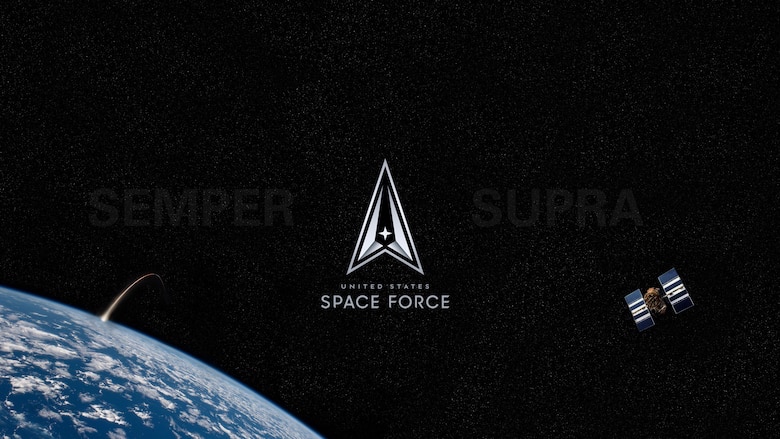Space Acquisition Lead Says Space Force Should Explore Fixed Price Contracts

Photo: U.S. Space Force
The Department of the Air Force’s top space acquisition official said that he wants to use the cost and schedule realism injected by the National Reconnaissance Office (NRO) into its competitions over the last few years.
‘They’ve gotten really good over the last few years of really pushing for cost realism and schedule realism in their competitive RFPs (Request for Proposals),” Frank Calvelli, the assistant secretary of the Air Force for Space Acquisition and Integration, told a Mitchell Institute for Aerospace Studies’ Schriever Spacepower Forum on June 24. “One of the biggest challenges we have today is when we get an RFP that we award that’s not executable, and that ends up causing rebaselining, replans and slows things up.”
Calvelli served as principal deputy director of the National Reconnaissance Office (NRO) from 2012 to 2020 and last year joined the national security program at Booz Allen Hamilton where he worked as an executive on space and intelligence issues before the Senate confirmed him for his current job.
“The idea at the NRO that we came up with a few years back was to score cost realism and schedule realism as part of the competitive factors in the RFP, and that seems to be working for us,” Calvelli said on June 24. “DoD, NASA, and the IC [intelligence community] — we’ve all gotten good at independent cost estimating of space programs, and so you bring your independent cost folks on your cost team with you, and if they tell you, ‘I think they’re low-bidding this,’ you rate them a high risk and throw that proposal out.”
Fixed price contracts help accelerate system fielding by incentivizing the use of commercial technology, including for any frequent tech refreshes required, Calvelli said on June 24.
“I was never a fan of fixed price contracting until Troy Meink came back to the NRO,” he said. “And I have become a fan. I think fixed price contracting is not a bad approach for space things.”
Meink, a former U.S. Air Force KC-135 navigator and engineer on ballistic missile test vehicles with the Missile Defense Agency, was the signals intelligence acquisition director at the NRO from 2008 until 2013 before leaving the agency to assume leadership positions with the Air Force and the Director of National Intelligence and returning to the NRO in May 2017.
“The worst thing you want to be is a cost-plus program inside a factory that has everything going through at fixed price because you will end up paying the bills, and you will end up being late and behind schedule,” Calvelli said on June 24. “There’s a lot of benefits to fixed price contracts that we need to explore on the Space Force side of the house.”
U.S. Space Force acquisition looks to take advantage more of fixed price contracts in the future. The Space Development Agency has relied on that approach, and NASA is moving away from cost-plus awards to milestone-based ones contingent upon contractors meeting program goals.
“With that competitive spirit, you can get it done cheaper, and that allows us to move away from what has been a plague on us in the past, which is a cost-plus contract, and move to an existing contractual price,” NASA Administrator Bill Nelson told Senate appropriators last month.
This article was first published by Via Satellite sister publication Defense Daily.